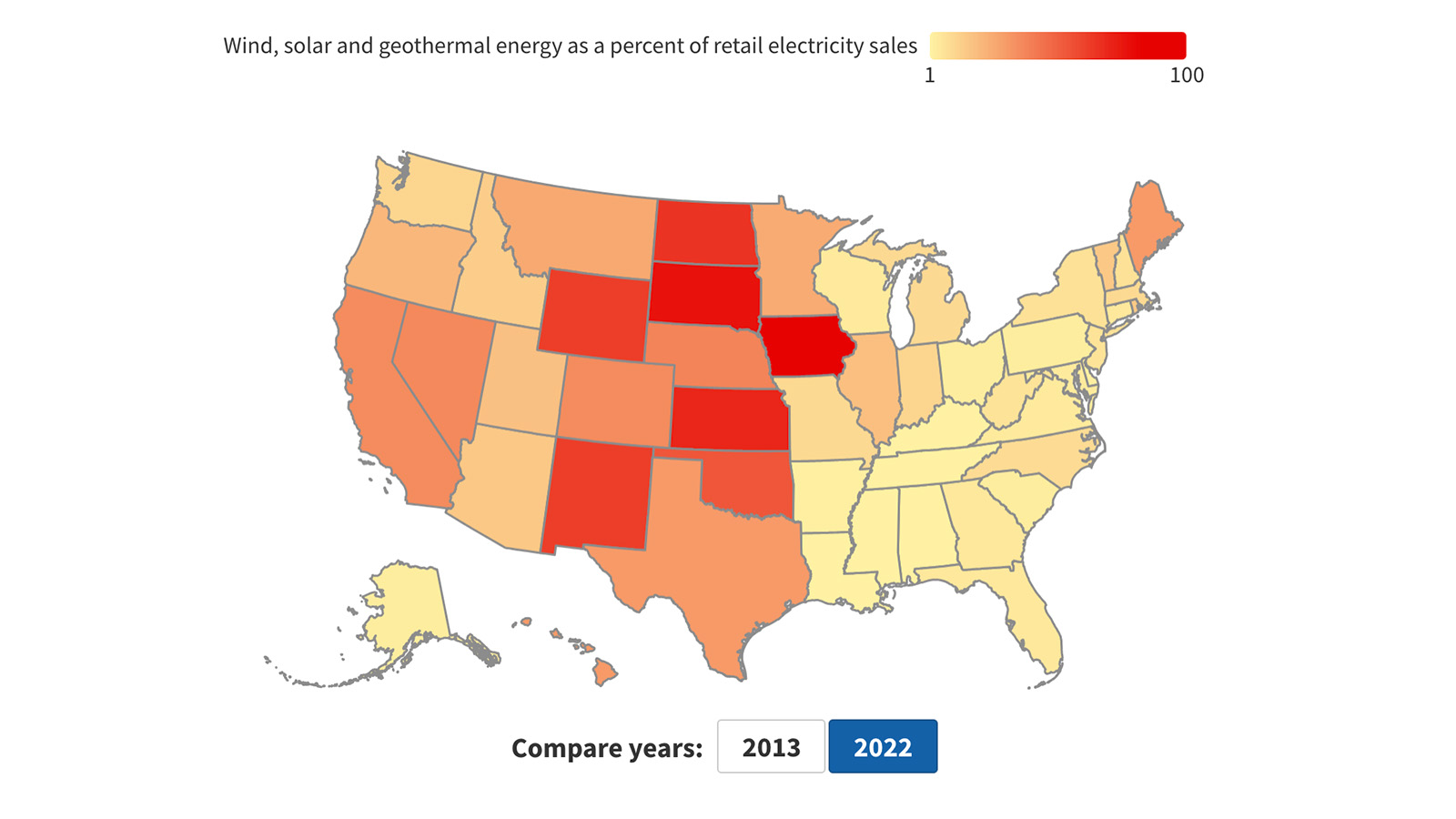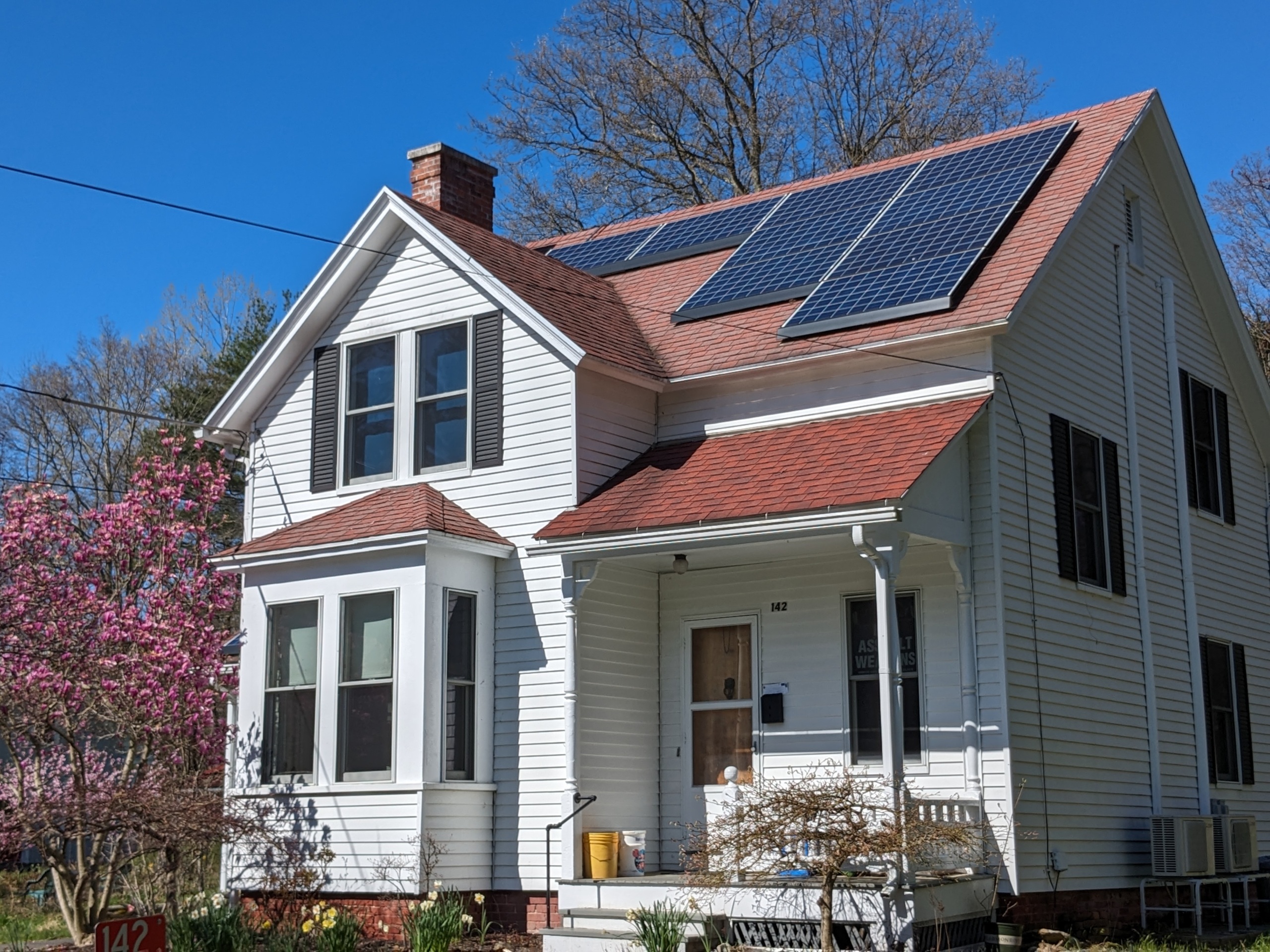
New study projects health benefits of rapid renewables & EV adoption
Growth of electric vehicles, heat pump and renewable energy adoption linked to major cuts in air pollution.

A new study published in the journal Nature Communications found that a rapid transition to electric vehicles and heat pumps for buildings would dramatically reduce hazardous air pollutants in the United States.
Researchers looked at a scenario where:
- roughly 60 percent of new vehicle sales in 2035 are battery-powered or plug-in hybrid electric vehicles
- renewable power increases rapidly,
- and nearly all coal-fired power plants are shut down by 2025.
The results?
- Sulfur oxide emissions in 2035 plummet to 99 percent below 2016 levels. Sulfur dioxide causes coughing, mucus secretion and aggravates conditions such as asthma and chronic bronchitis.
- Nitrogen oxide (NOx) emissions fall as much as 87 percent. Elevated levels of nitrogen dioxide can damage the human respiratory tract and cause and worsen respiratory infections and asthma. Long-term exposure to high levels of nitrogen dioxide can cause chronic lung disease.
- Emissions of volatile organic compounds (VOCs) from vehicle tailpipes and off-road sources drop 80 percent. Exposure to VOC vapors can cause a variety of health effects, including eye, nose, and throat irritation; headaches and loss of coordination; nausea; and damage to the liver, kidneys, or central nervous system. Some VOCs are suspected or proven carcinogens.
“A future powered by 100% renewable energy is in our reach and the benefits to our health is tremendous,” said Johanna Neumann, senior director of the Campaign for 100% Renewable Energy after the study came out.
To see how electric vehicles and renewable energy are growing in your state, check out the the Renewables on the Rise dashboard.

Topics
Updates

New grant program to help cut red tape for rooftop solar in Illinois

Oregon students want to bring sea otters back

Biden marks Earth Day with visit to Prince William Forest Park

Solar energy in Massachusetts gets boost


